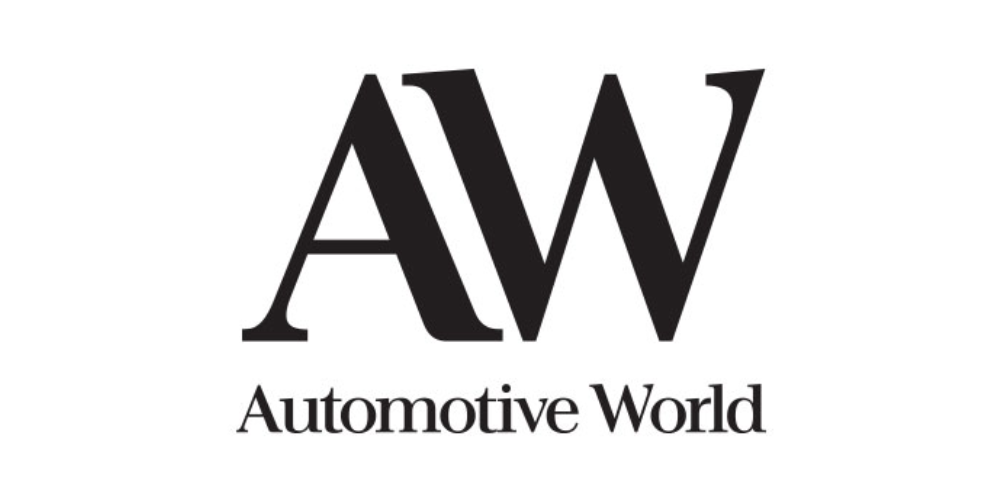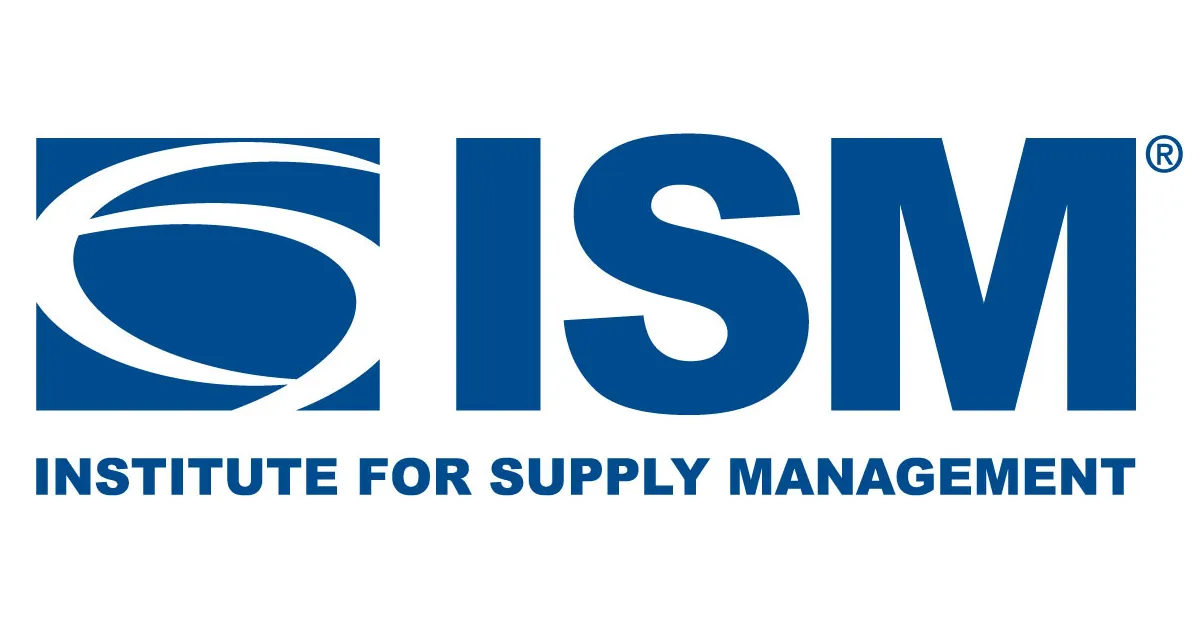2023 is set to be a defining year for the European automotive industry. In addition to dealing with exterior challenges posed by the US and China, it must also consolidate its vision for electric vehicle (EV) adoption in order to secure the support of investors and customers.
However, reaching the desired consensus could prove challenging: the war in Ukraine, China’s COVID lockdowns, and shortages of both raw materials and labour are complicating vehicle production. At a time when Europe is leading the world in terms of EV penetration, protracted supply chain issues mean the industry risks failing to meet consumer demand and potentially reversing the trend.
Automotive World spoke with Bindiya Vakil, Chief Executive of Resilinc, about the challenges, risks, and opportunities confronting European automakers. A leader of artificial intelligence-based supply chain data monitoring, resilience and risk management, Resilinc has mapped more than 65% of the global automotive supply chain. It counts General Motors, Toyota, and Stellantis among its clients.





